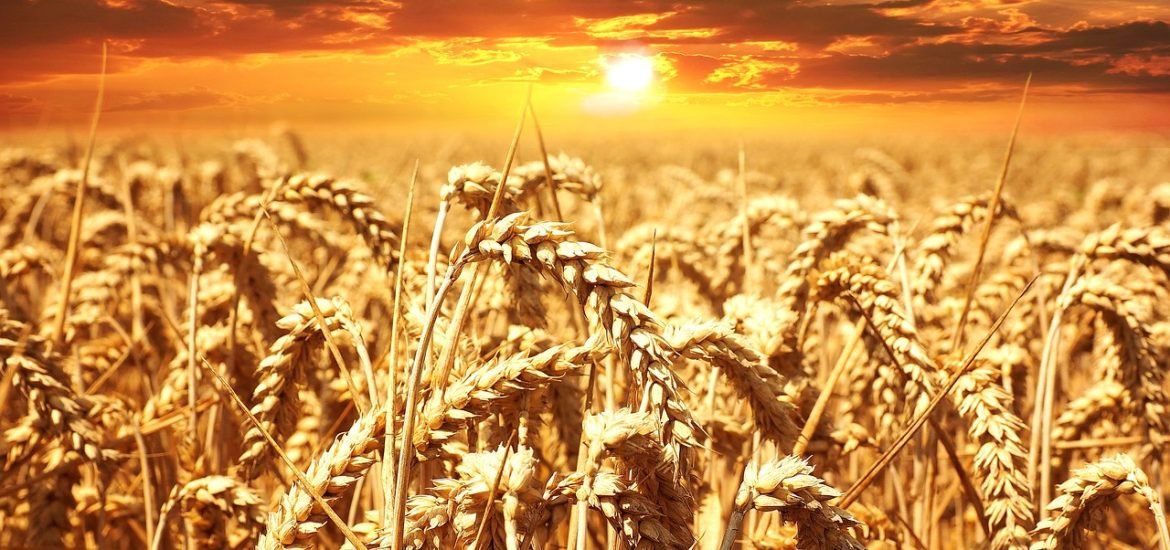
World leaders must make massive investments in agriculture to avert an imminent food catastrophe by 2050. This is the urgent message of an unprecedented open letter* published on January 14 by 153 Nobel and World Food Prize laureates.
“All evidence points to a growing decline in food productivity if the world continues as it is today. With 700 million people already facing food insecurity and 1.5 billion more mouths to feed by 2050, we are heading toward a profoundly unequal and unstable world,” emphasized Cary Fowler, coordinator of this appeal and co-recipient of the 2024 World Food Prize.
The agricultural sector faces numerous challenges, with climate change leading the list. Africa is the most affected region, suffering from declining yields of essential crops such as maize.
“Future temperature increases will be most extreme in countries already struggling with low productivity, exacerbating existing levels of food insecurity. In these low-income nations, where productivity must nearly double by 2050, the reality is that it will likely increase by less than half. We have only 25 years to change this trajectory,” stated Akinwumi Adesina, president of the African Development Bank and recipient of the 2017 World Food Prize.
Other factors, including soil degradation, biodiversity loss, water shortages, and conflicts, further threaten food security.
The letter calls for bold technological efforts to revolutionise food production and tackle current and future challenges. These efforts include improving photosynthesis in staple crops like rice and wheat to optimise growth. Scientists could also develop cereals capable of fixing nitrogen without fertilisers, which would help preserve soil health. Nutrient-rich indigenous crops, often overlooked, could also be promoted.
The signatories further advocate for innovations in storing and preserving fruits and vegetables. Additionally, they recommend the creation of nutrient-rich foods from microorganisms and fungi.
Brian Schmidt, Nobel laureate in physics in 2011, emphasized the feasibility and affordability of these efforts: “This problem is entirely solvable, relatively inexpensive, with benefits for all of humanity.”
While solutions exist, their implementation requires significant political will and financial investment. The letter urges decision-makers to recognise the severity of the situation and act with the necessary urgency.
Mashal Husain, incoming president of the World Food Prize Foundation, compared this call to a pivotal moment for humanity: “If we can send a man to the Moon, we can certainly gather the funding, resources, and collaboration needed to put enough food on plates here on Earth. With the right support, the scientific community can deliver the breakthroughs needed to prevent catastrophic food insecurity in the next 25 years,” she affirmed.
This post is also available in: FR (FR)